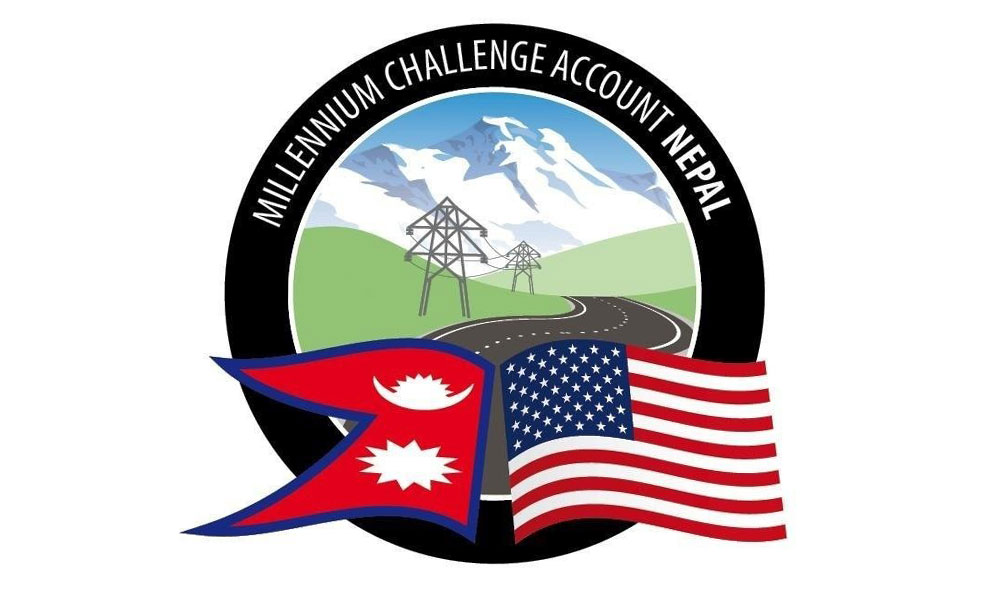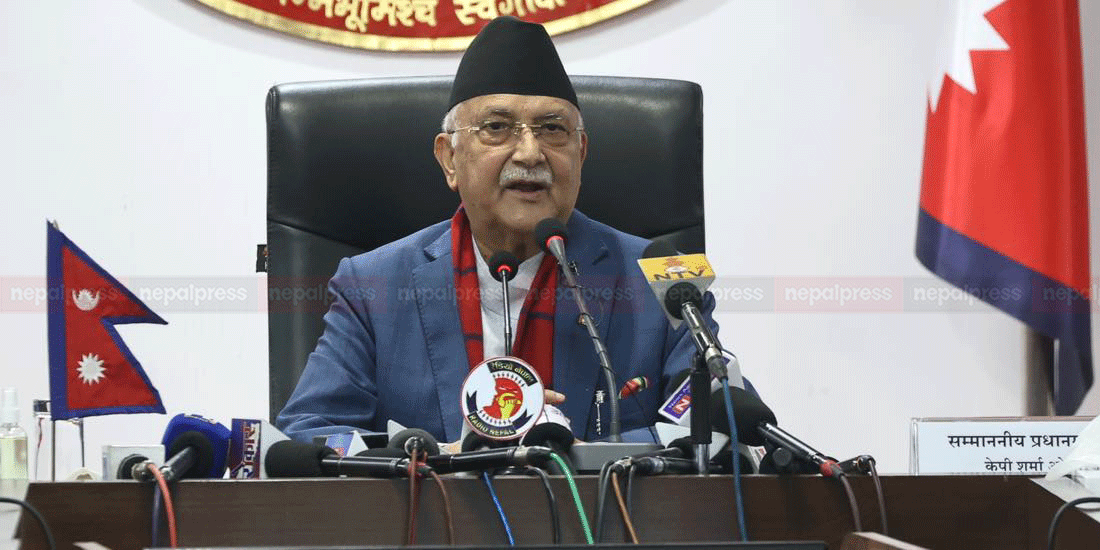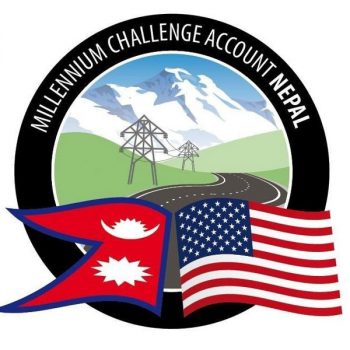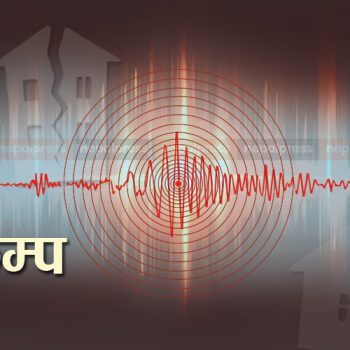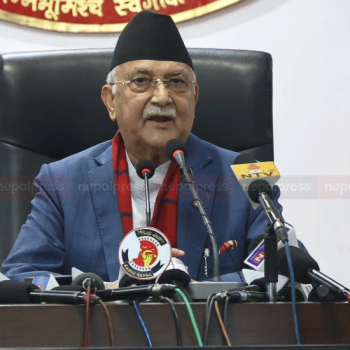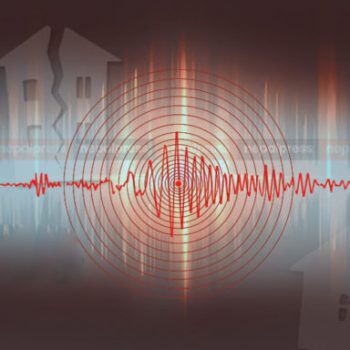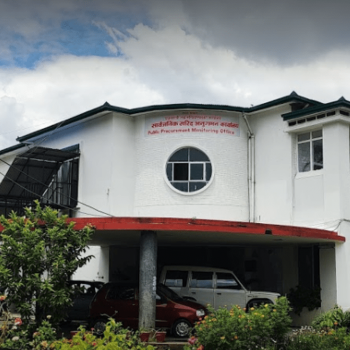Jimmy Carter, former US president and Nobel Peace Prize recipient, dead at 100
 NepalPress
NepalPress

WASHINGTON: Jimmy Carter, the earnest Georgia peanut farmer who as U.S. president struggled with a bad economy and the Iran hostage crisis but brokered peace between Israel and Egypt and later received the Nobel Peace Prize for his humanitarian work, died at his home in Plains, Georgia, on Sunday. He was 100, Reuters reported.
U.S. President Joe Biden directed that Jan. 9 will be a national day of mourning throughout the United States for Carter, the White House said in a statement.
“I call on the American people to assemble on that day in their respective places of worship, there to pay homage to the memory of President James Earl Carter,” Biden said.
Carter, a Democrat, became president in January 1977 after defeating incumbent Republican President Gerald Ford in the 1976 election. His one-term presidency was marked by the highs of the 1978 Camp David accords between Israel and Egypt, bringing some stability to the Middle East.
But it was also dogged by an economic recession, persistent unpopularity and the Iran hostage crisis that consumed his final 444 days in office. Carter ran for re-election in 1980 but was swept from office in a landslide as voters embraced Republican challenger Ronald Reagan, the former actor and California governor.
Carter lived longer than any U.S. president and, after leaving the White House, earned a reputation as a committed humanitarian. He was widely seen as a better former president than he was a president – a status he readily acknowledged, according to Reuters.
World leaders and former U.S. presidents paid tribute to a man they praised as compassionate, humble and committed to peace in the Middle East.
“His significant role in achieving the peace agreement between Egypt and Israel will remain etched in the annals of history,” said Egyptian President Abdel Fattah al-Sisi in a post on X.
The Carter Center said there will be public observances in Atlanta and Washington. These events will be followed by a private interment in Plains, it said.
Final arrangements for the former president’s state funeral are still pending, according to the center.
In recent years, Carter had experienced several health issues including melanoma that spread to his liver and brain. Carter decided to receive hospice care in February 2023 instead of undergoing additional medical intervention. His wife, Rosalynn Carter, died on Nov. 19, 2023, at age 96. He looked frail when he attended her memorial service and funeral in a wheelchair.
Carter left office profoundly unpopular but worked energetically for decades on humanitarian causes. He was awarded the Nobel Peace Prize in 2002 in recognition of his “untiring effort to find peaceful solutions to international conflicts, to advance democracy and human rights, and to promote economic and social development.”
Carter had been a centrist as governor of Georgia with populist tendencies when he moved into the White House as the 39th U.S. president. He was a Washington outsider at a time when America was still reeling from the Watergate scandal that led Republican Richard Nixon to resign as president in 1974 and elevated Ford from vice president.
“I’m Jimmy Carter and I’m running for president. I will never lie to you,” Carter promised with an ear-to-ear smile.
Asked to assess his presidency, Carter said in a 1991 documentary: “The biggest failure we had was a political failure. I never was able to convince the American people that I was a forceful and strong leader.”
Despite his difficulties in office, Carter had few rivals for accomplishments as a former president. He gained global acclaim as a tireless human rights advocate, a voice for the disenfranchised and a leader in the fight against hunger and poverty, winning the respect that eluded him in the White House, Reuters reported.
Carter won the Nobel Peace Prize in 2002 for his efforts to promote human rights and resolve conflicts around the world, from Ethiopia and Eritrea to Bosnia and Haiti. His Carter Center in Atlanta sent international election-monitoring delegations to polls around the world.
A Southern Baptist Sunday school teacher since his teens, Carter brought a strong sense of morality to the presidency, speaking openly about his religious faith. He also sought to take some pomp out of an increasingly imperial presidency – walking, rather than riding in a limousine, in his 1977 inauguration parade.
The Middle East was the focus of Carter’s foreign policy. The 1979 Egypt-Israel peace treaty, based on the 1978 Camp David accords, ended a state of war between the two neighbors.
Carter brought Egyptian President Anwar Sadat and Israeli Prime Minister Menachem Begin to the Camp David presidential retreat in Maryland for talks. Later, as the accords seemed to be unraveling, Carter saved the day by flying to Cairo and Jerusalem for personal shuttle diplomacy.
The treaty provided for Israeli withdrawal from Egypt’s Sinai Peninsula and establishment of diplomatic relations. Begin and Sadat each won a Nobel Peace Prize in 1978.
By the 1980 election, the overriding issues were double-digit inflation, interest rates that exceeded 20% and soaring gas prices, as well as the Iran hostage crisis that brought humiliation to America. These issues marred Carter’s presidency and undermined his chances of winning a second term.




